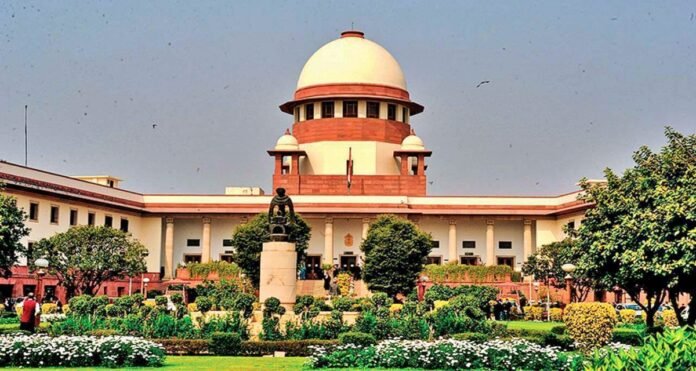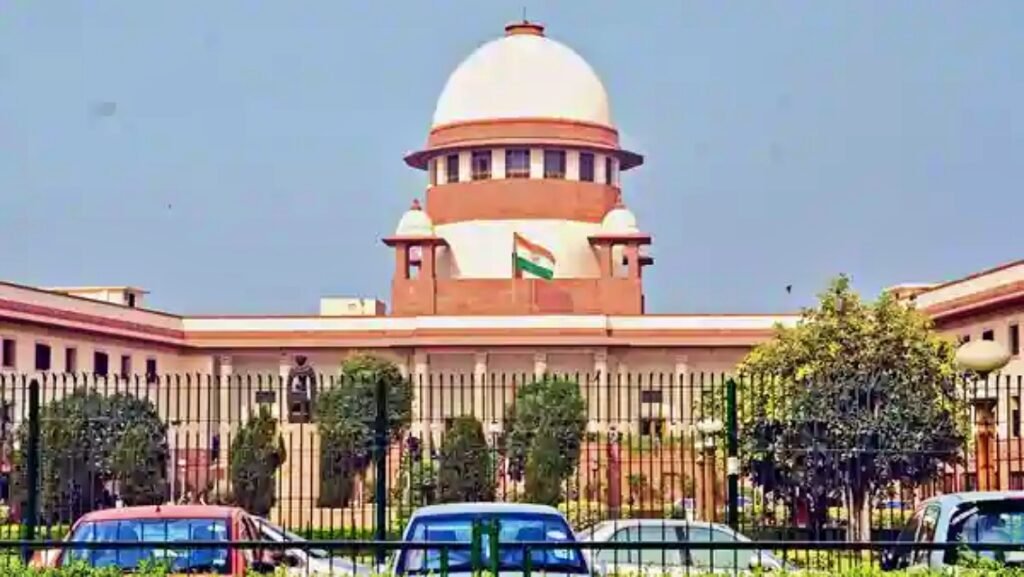
New Delhi: The Supreme Court has given a big decision on Tuesday regarding Benami property. The Supreme Court declared Section 3(2) of the Benami Property Transactions Prohibition Act, 1988 unconstitutional during the hearing of this case. After this, the provision of imprisonment for 3 years has now ended if convicted in the Benami property case. Earlier, there was a provision of imprisonment of 3 years for the guilty. The Supreme Court has said that in such a situation, Section 3 (2) of the amended Act of 2016 is also unconstitutional. The 2016 amended Benami Act cannot be implemented retrospectively.
Benami property is a property that has been paid for by someone else but in the name of another person. This property is also bought in the name of a wife, children, or any relative. The person in whose name such property is purchased is called ‘benamdar’.

The Supreme Court, while giving a big decision during the hearing on Tuesday, said that the right to confiscate the property in the case cannot be invoked retrospectively. According to the decision of the Supreme Court, no action can be taken under the 2016 law in the old cases of Benami property.
A bench of Chief Justice of India NV Ramana, Justice Krishna Murari, and Justice Hima Kohli gave its verdict on the matter. The bench has said that in accordance with the 1988 Act, section 3(2) of the Act brought in 2016 has also been declared unconstitutional. Because it violates Article 20(1) of the Constitution.
Who is entitled to Benami property?
However, in whose name this property is taken, he is only the nominal owner of it, whereas the real title belongs to the person who has paid the money for that property. Most people do this so that they can hide their black paddy.
In the last few years, the central government has taken several steps to eliminate black money transactions. Due to this, ‘Bemani Property’ also remained in the headlines. Similarly, many schemes were also made to reduce the cases of Benami property.















































